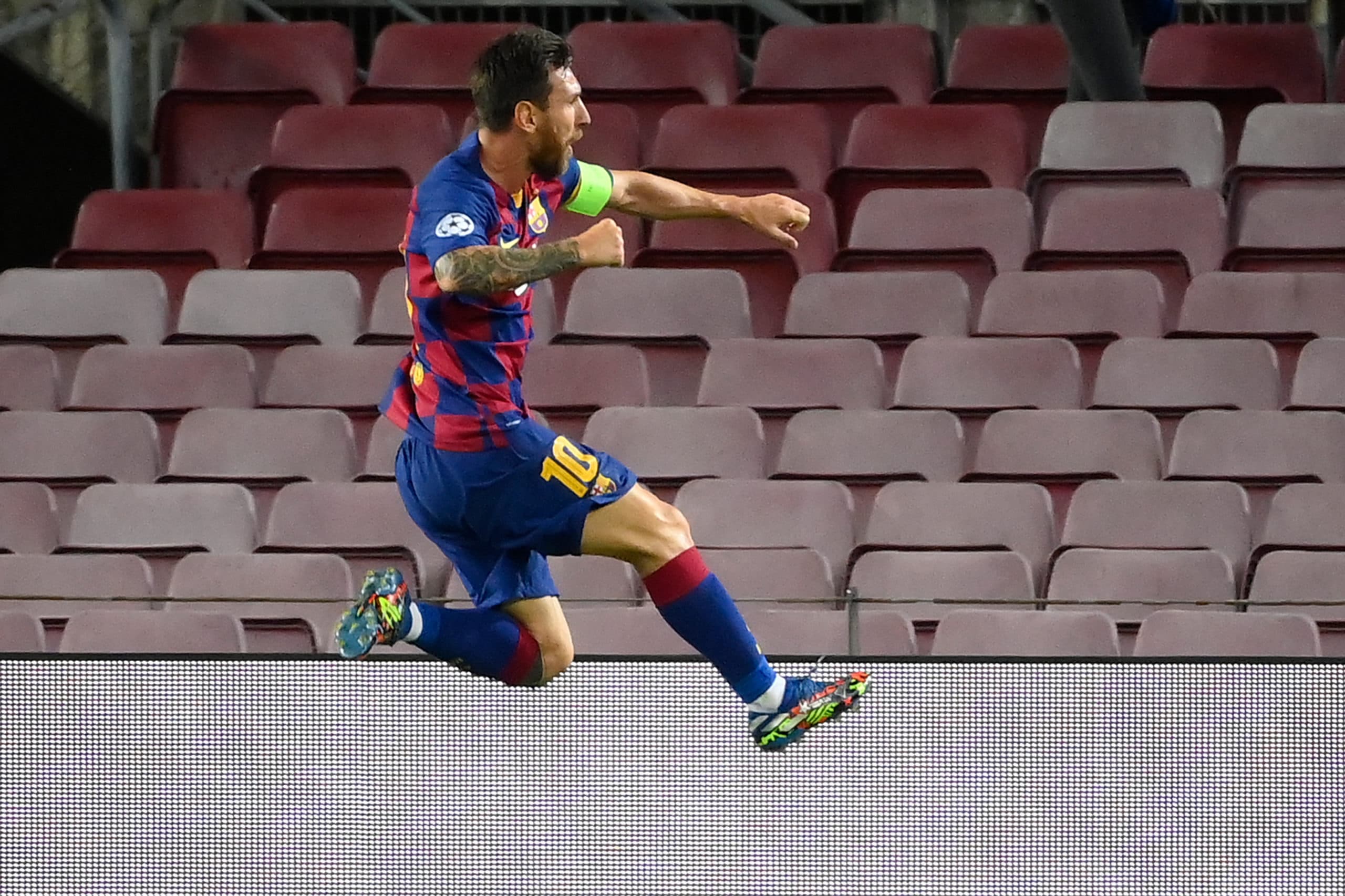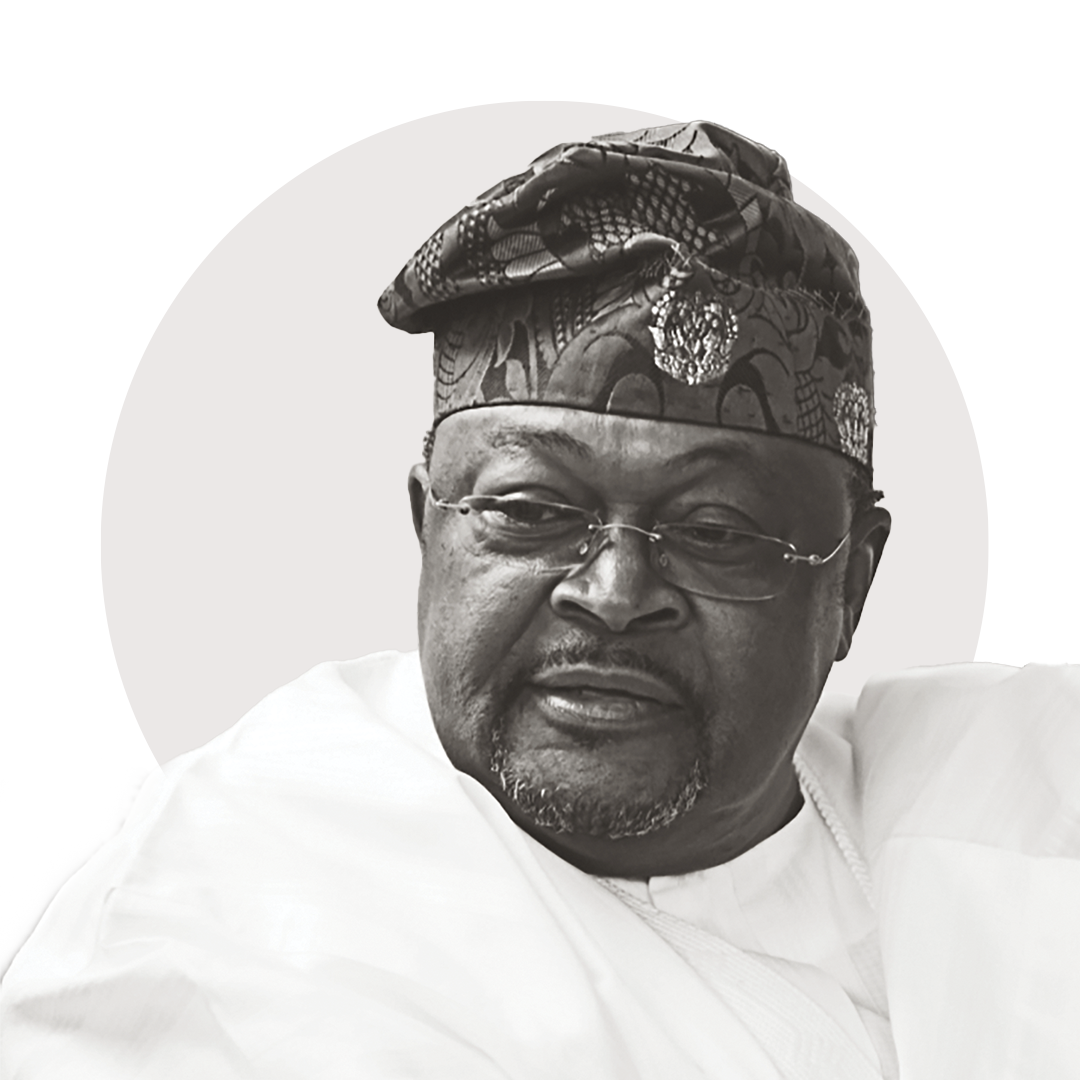After a disappointing season, the soccer superstar is eyeing the exit at Barcelona, but he still is on pace to reach that astronomical goal alongside Tiger Woods, Floyd Mayweather and, yes, Cristiano Ronaldo.
The only move Lionel Messi really needs to make to become soccer’s next billion-dollar man is none at all. If the star forward simply shows up at Barcelona’s Camp Nou in September, he will end the 2020–21 season with more than $1 billion in career earnings, a victory only three athletes before him have won.
It looks like the high-fives may have to wait. After a yearlong battle with FC Barcelona, the Argentine icon is threatening to leave the club after 16 years, ditching the final year of a contract that could make him the highest-paid player in what has become the world’s most lucrative sport.
“Globalization has made soccer, always the world’s most popular sport, also the world’s most lucrative in terms of revenue generation,” says Stefan Szymanski, author of Soccernomics and a University of Michigan professor of sport management. “In soccer, there is more or less unfettered competition on a global scale—there are no drafts, salary caps, etc.—and the best players generally go to the highest bidder.”

It’s the kind of free-market economics that until this year were the domain of independent contractors. Tiger Woods was the first athlete to earn $1 billion while still competing when in 2009 he sunk $10.5 million in prize money and more than $100 million off the links, mostly through an endorsement deal with Nike. Floyd Mayweather landed the honor in 2017 after a bet on himself that removed legendary promoter Bob Arum from his corner and led to a string of self-produced pay-per-view bouts that brought in more than $25 million 12 times, including $275 million for his 2017 fight with Conor McGregor. Messi’s longtime rival Cristiano Ronaldo became the first team-sport competitor to do it when he earned $105 million during the 2019-20 season.
Loading...
Michael Jordan, who tallied $550 million in career earnings during his 15 years playing for the Chicago Bulls and the Washington Wizards, remains the world’s only billionaire athlete, the bulk of his fortune created by a well-timed investment in the NBA’s Charlotte Hornets.
Messi’s arrival in the billion-dollar clubhouse will mark a climactic chapter in what has been soccer’s most expensive sideshow since 2009, when he and Ronaldo first faced off on competing teams in Spain’s La Liga. The strutting and often shirtless Ronaldo perfected the sport’s showman brand while the media-shy Messi was hailed as the modest one, more interested in his footwork than footwear, as prolific a goal scorer as a wingman and a master at crediting teamwork.
Ronaldo, who is two years older, has become the world’s most popular celebrity, with 443 million social followers across Facebook, Instagram and Twitter—and the most marketable athlete in the world, too. According to Hookit, which tracks social media sponsorship value, from January to July this year, he created $28 million in value for the brands he promoted through 275 social media posts and the 873 million engagements with them. He has a lifetime deal with Nike and a long-term partnership with Herbalife, as well as a lifestyle brand that started with his CR7 line of underwear in 2013 and has expanded to include shoes, perfume, denim, hotels, gyms and his latest offering introduced this month, sunglasses. Last season, Ronaldo earned $45 million of his $105 million off the pitch.

Messi is no endorsement slouch either, earning about $33 million annually through endorsement deals with lifetime partner Adidas, Lays, Mastercard, watchmaker Jacob & Co, Qatar-based telecom Ooredoo and his new signature lifestyle brand launched last year with Ginny Hilfiger, sister of Tommy, at The Messi Store website. Hookit reports that from January to July this year, Messi put up 117 social media posts that received 235 million likes, comments or shares, creating $22 million in marketing value for the brands he promoted.
Barcelona is planning to pay its star forward $92 million this upcoming season, about a third of that in the form of performance incentives. Messi has been consistent earning those, posting 12 consecutive seasons with at least 31 goals and hitting 700 career goals in June, joining Ronaldo as the only active player at that level.
Until last week, soccer watchers were expecting the Argentine icon to sign a new deal on par with his current one to take him through retirement, but that was before his battle with Barcelona boiled over. The yearlong fight included a dustup over the midseason appointment of a manager that ended with his dismissal this week, a smear campaign against Messi and his wife reportedly dialed up by the club itself, and an embarrassing 8-2 loss to Bayern Munich that put an early finish to Barça’s Champions League title hopes. It was the first season in 12 years that Messi failed to win a trophy and one for which he took a 70% cut in base pay—$11 million—after the pandemic halted play for three months.

Where he lands—and how much he will make there—remains to be seen, although it is unlikely any club can afford to pay him the salary Barcelona can. Messi could do what Ronaldo did when he left Real Madrid for Italy’s Juventus and make up for lower gross pay with a tax scheme that keeps his net pay level.
Or if Barcelona’s new manager, Ronald Koeman, can bring peace back to Barcelona, he could make the whole thing happen this year after all.
“He is the best player in the world, and the best player in the world you want in your team; you don’t want him playing against you,” Koeman said at a Wednesday press conference.
No matter what Messi chooses, the billion-dollar honor is his to lose. Soccer’s No. 3 earner, Neymar, has so far earned $450 million in his career and stands to make less than $100 million this season. Neymar’s Paris Saint-Germain teammate Kylian Mbappé will make less than half that.
-Christina Settimi, Forbes Staff
Loading...





















